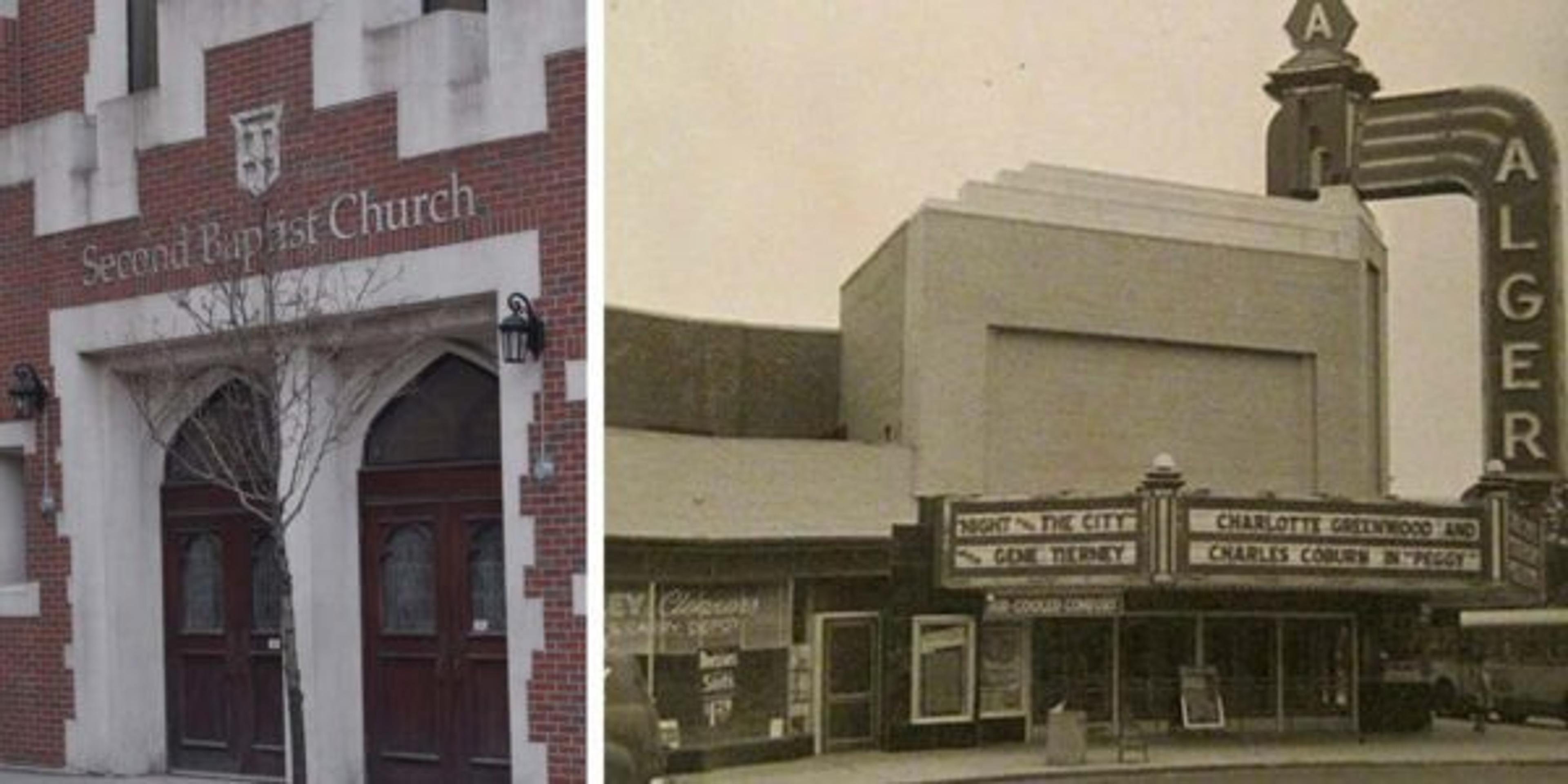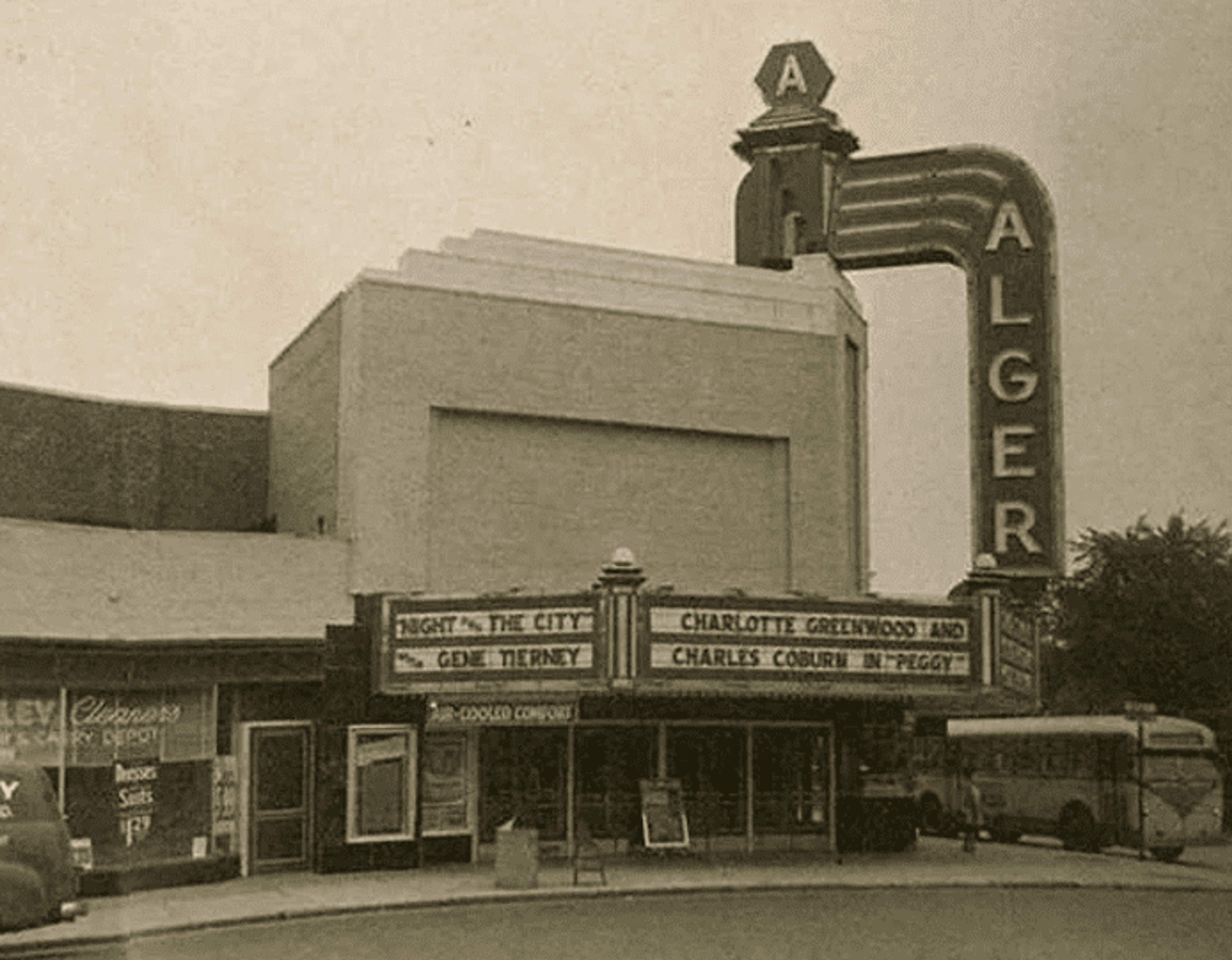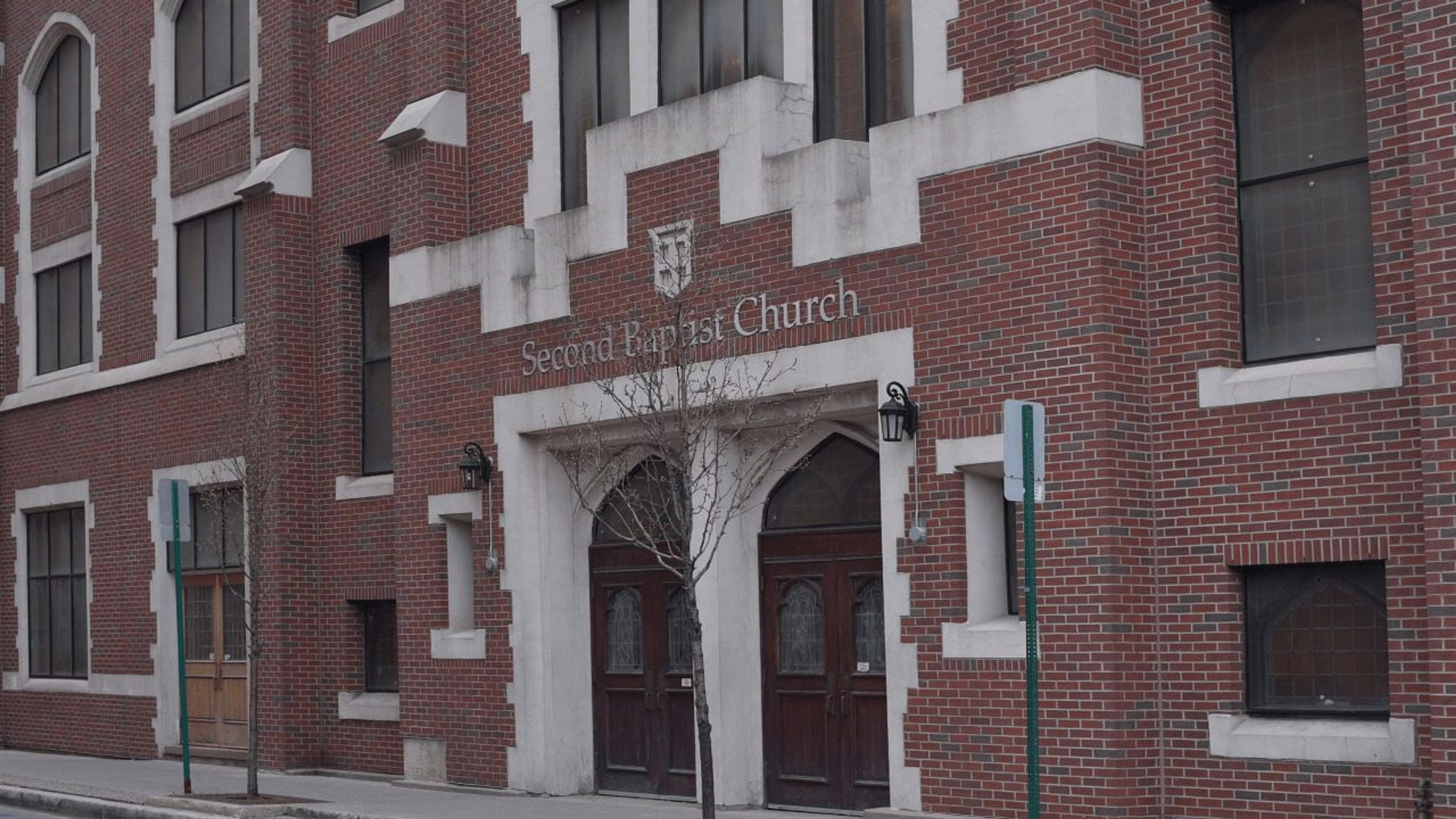7 Detroit Black History Sites to Visit
4 min read

Detroit beams with some of the most significant Black history and culture in the entire country; you just need to know where to look. From prominent museums and educational centers to lesser-known sites, there’s a wide range of places to visit and historical figures to learn about.
Celebrate Black History Month by checking out one or more of these Black history sites:
Alger Theater, 14561 E. Warren Ave.
When the Alger Theater opened to the public in 1935, it served as an 800-seat venue that hosted popular jazz acts like Dave Brubeck and Duke Ellington Orchestra. It eventually became a convenient and affordable place for eastside Detroiters to go to watch B-movies in the late 1970s and early 1980s.
The Friends of the Alger Theater is a 25-year-old active non-profit organization committed to making the historic theater an anchor of its evolving neighborhood.

Alpha Phi Alpha Fraternity House, 293 Eliot St.
Built around 1912 in the Brush Park neighborhood of Detroit, this 2,600 square-foot, two-story neoclassical-style structure has been the home of the Gamma Lambda Chapter – a 100-plus-year-old Alpha House – since its purchase in May of 1939. Alpha Phi Alpha Fraternity, Inc. is the oldest Black Greek Letter Organization in history.
To this day, the Gamma Lambda Chapter continues to have a strong social mission, and the Alpha House is central to supporting that mission. For almost three decades the Alpha House has been one of the distribution centers for Detroit-area Meals on Wheels.
Charles H. Wright Museum of African American History, 315 E. Warren Ave.
The Charles H. Wright Museum of African American History was founded in 1965. For more than half a century it has been a leading institution dedicated to the Black and African American experience. The Wright Museum provides learning opportunities, exhibitions, programs, and year-round events. Its mission is to showcase the adversity and achievement of African Americans throughout history to inspire everyone toward greater understanding, acceptance, and unity. Take a virtual tour before you go by visiting this link.
Dunbar Hospital, 580 Frederick St.
Dunbar Hospital was the first hospital for Black residents in Detroit. By 1917 more than 30,000 African Americans lived in Detroit, which like most of the United States was heavily segregated. Denied care at the city’s white hospitals, this growing population was too large for the city’s 30 Black physicians to adequately serve. These doctors formed the Allied Medical Society, which acquired this former residential home and converted it into Dunbar Memorial Hospital in 1917. The hospital not only provided care but also sponsored nurses’ training classes and internships for graduate students. It is currently open to the public.
Elmwood Cemetery, 1200 Elmwood St.
Elmwood is the oldest non-denominational continuously operating cemetery in Detroit. Some of its most prominent burials include William Webb Ferguson, the first Black man elected to the House of Representatives; Mother Charleszetta Waddles, an important African American activist who is listed in the Michigan Women’s Hall of Fame; George DeBaptiste, the abolitionist and Underground Railroad conductor, and Fannie Richards, a teacher who is credited with creating the first kindergarten program in Michigan.

Second Baptist is the oldest Black-owned religious institution in the Midwest. According to its website, Second Baptist claimed a mission to free the enslaved so they could enjoy the full privileges of American citizenship. The church served as a “station” on the Underground Railroad between 1836 and 1865, receiving some 5,000 slaves that were transported to Canada.
Second Baptist continue to be a hotbed of important historical happenings even after the Civil War. In 1927, Ralph Bunche – the first Black person to receive the coveted Nobel Peace Prize – was baptized at Second Baptist. Learn more about the church’s history and available tours, here.
The Offices of Detroit Plaindealer, 1114 Washington Blvd.
Detroit’s first successful Black newspaper, the Plaindealer was founded in 1883 to cover local and national events and promote civil rights. Many of the independently owned newspaper’s weekly issues featured columns devoted to black communities as far away as the Dakotas, but mainly from Michigan, Canada, and Ohio. Its information on the lives of metro Detroit’s Black community members was largely uncovered by the city’s white-run press during this era.
The Plaindealer shut down in 1894 due to lack of funding, but its legacy lives on in the form of a marker mounted at the corner of its former office, on the corner of Shelby and State Street, in downtown Detroit.
Photo Credit: Second Baptist Church and the Alger Theater
More AHM community content:









